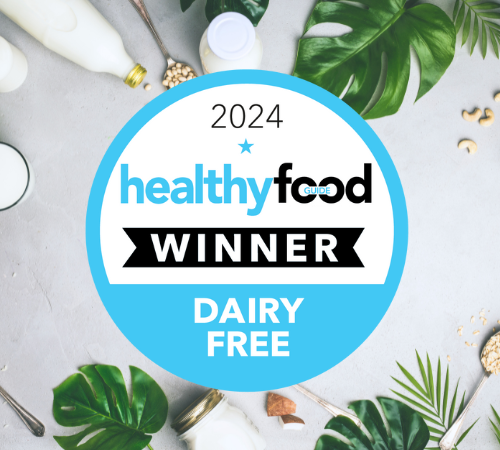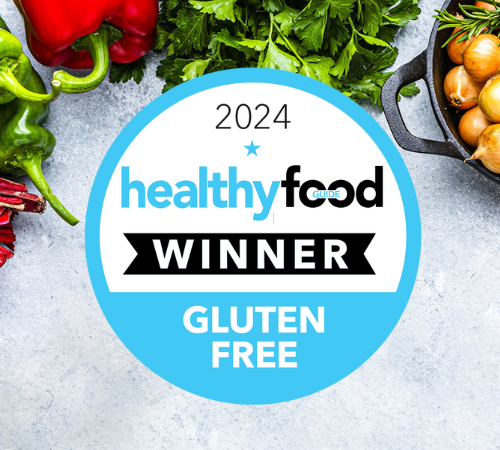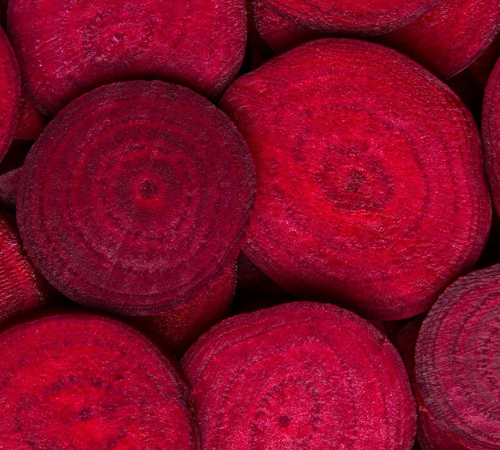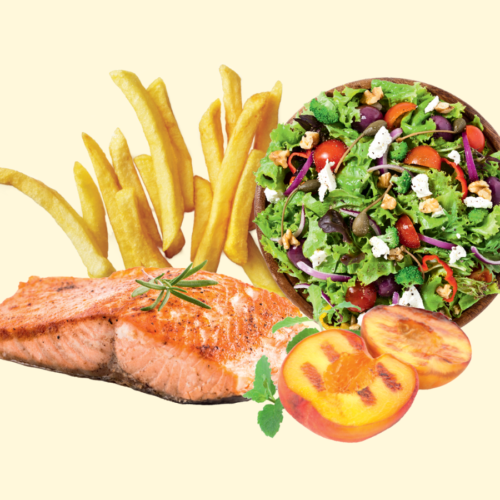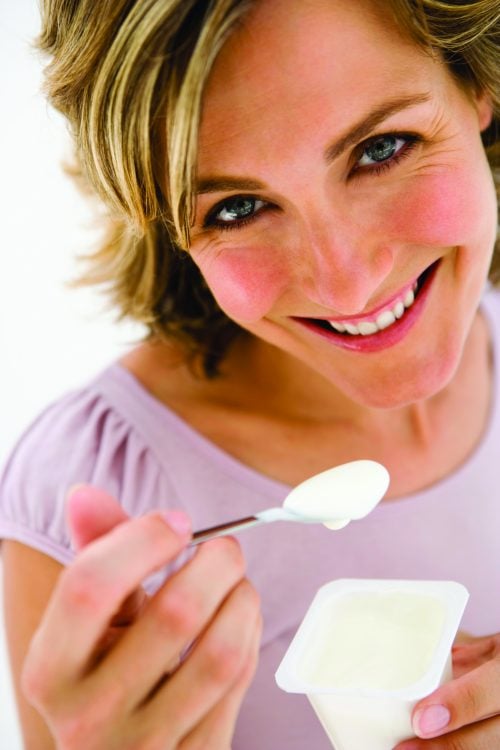
There are simple ways to add more calcium to your diet, read the labels carefully.
Why do we need to read labels? Two products might look very similar but have a very different nutrition profile.
In 2011 we looked at five sets of products that had very different calcium contents.
Don’t assume they will look the same today. Check the nutrition information. While calcium does not have to be declared in a nutrition information panel, many products with good amounts of calcium do state their content.
| Instead of | Choose | Adds |
|---|---|---|
| Cyclops Thick & Creamy Yoghurt with 238mg calcium in a 125g serve |
Cyclops Low Fat Yoghurt with 288mg calcium in a 125g serve |
extra 50mg = 21% more |
| 1/4 cup dry roasted peanuts with 12mg calcium |
1/4 cup raw almonds with 97mg calcium |
extra 85mg = 70% more |
| 1/4 cup cottage cheese with around 37mg calcium |
1/4 cup reduced-fat ricotta cheese with around 150mg calcium | extra 113mg = 305% more |
| 1 cup Meadowfresh Lite milk with 350mg calcium |
Meadowfresh Calci-Trim milk with 500mg in a cup |
extra 150mg = 43% more |
| Canned tuna with around 6mg calcium in a small can (85-95g) | Canned sardines with around 440mg in a small can (105g) | extra 434mg = 7233% more |
Total for all swaps
Was 643mg, now 1475mg
Extra 832mg calcium (+129%)
In context
Calcium is essential for bone growth and bone health throughout life. Most adults need 1000mg every day, but women 50+ years and men 70+ years need 1300mg each day.
Tip
Dairy is the richest source of bioavailable calcium but if you can’t have dairy in your diet, look for calcium-enriched dairy alternatives.
www.healthyfood.com



